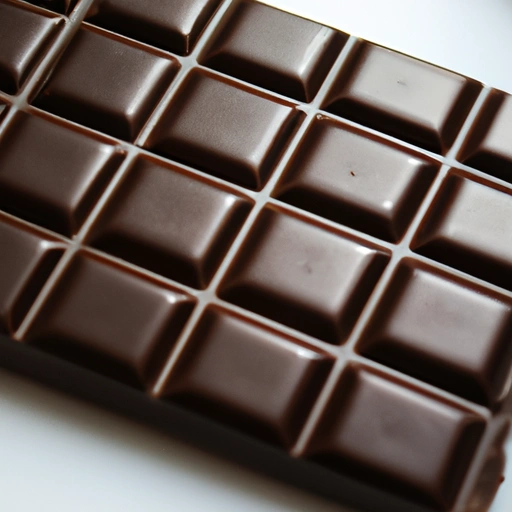Chocolate
Description

Chocolate is a beloved ingredient that has captivated the tastes of people across the globe for centuries. Originating from the cacao bean, chocolate is produced by fermenting, drying, roasting, and grinding the beans into a paste, which is then mixed with other ingredients to create the various forms of chocolate known today. From dark, milk, to white chocolate, each type offers a distinct flavor profile and culinary possibilities.
Common uses
Chocolate is frequently used in baking, as a confectionery, and as a flavor enhancer in beverages and desserts. It appears in a myriad of recipes, from simple chocolate bars and truffles to complex pastries and gourmet dishes.
Nutritional value
Calories
A 1-ounce (28 grams) serving of dark chocolate contains approximately 155-170 calories.
Protein
Dark chocolate contains about 2 grams of protein per 1-ounce serving.
Fat
There are about 9 grams of fat in a 1-ounce serving of dark chocolate, with the composition varying by type.
Carbohydrates
Typically, there are 13-20 grams of carbohydrates in a 1-ounce piece of dark chocolate.
Vitamins
Chocolate contains small amounts of B-vitamins, particularly niacin (B3).
Minerals
Rich in minerals, chocolate is a good source of magnesium, iron, copper, and manganese.
Health benefits
Dark chocolate, in moderation, is touted for its antioxidant properties, potential to improve heart health, and ability to enhance brain function. The flavonoids found in cacao can help in lowering blood pressure and improving vascular function. However, these benefits are most pronounced in high-cocoa-content dark chocolate.
Potential risks
Overconsumption of chocolate can lead to weight gain, sugar imbalances, and dental problems due to its calorie and sugar content. Some people may also experience migraines or allergic reactions to components found in chocolate.
Common recipes
Chocolate is a versatile ingredient used in a vast array of recipes including chocolate chip cookies, brownies, chocolate cake, mousse, and ganache.
Cooking methods
It can be melted, tempered, whisked into batters and doughs, or shaved for garnishing.
Pairing with other ingredients
Chocolate pairs wonderfully with fruits like strawberries and oranges, nuts such as almonds and hazelnuts, and even with savory ingredients like chili peppers and sea salt.
Summary
Chocolate is not just a treat; it is a cultural phenomenon that represents comfort, indulgence, and celebration. It is an ingredient that transcends borders and brings a touch of sweetness to lives around the world. Whether used in desserts, drinks, or savory dishes, chocolate's versatility and rich flavor make it an indispensable component in both traditional and innovative cuisines.